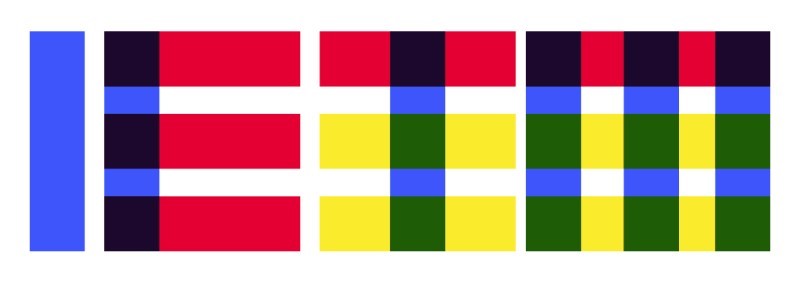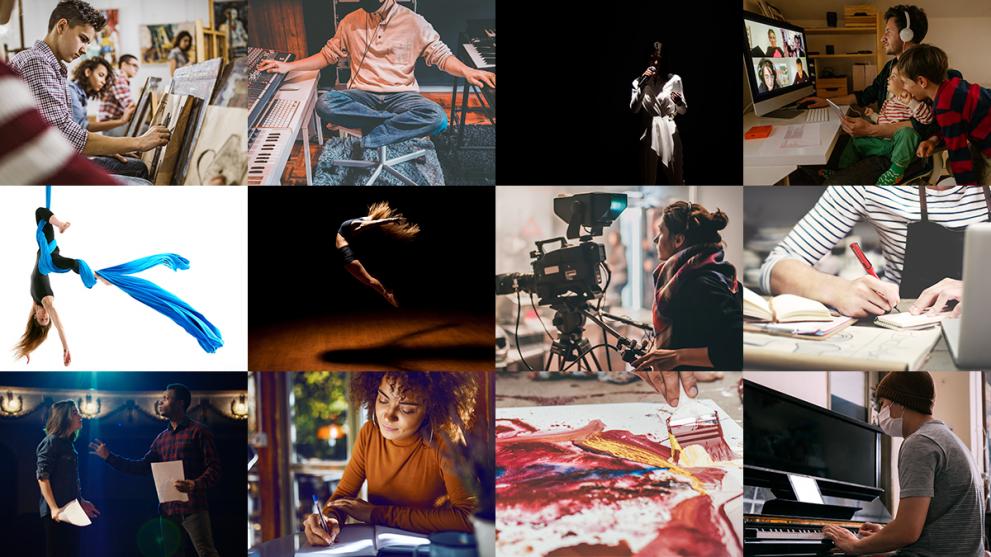EU Commission structured dialogue with the European creative sector, starting in April 2021
Category: IETM
First ietm Report on Arts in Time of Pandemic
 At the dawn of lockdown measures taken by governments across the globe, ietm has circulated a survey among its members to get a grip on how the new reality has affected them so far. Based on the key findings of the survey, this report, published on March 28, outlines the situation on an international scale, identifies the most burning needs of the sector in times of the pandemic and presents an overview of governments’ responses to the COVID-19 crisis. The report concludes with policy recommendations intended for EU, national and local authorities.
At the dawn of lockdown measures taken by governments across the globe, ietm has circulated a survey among its members to get a grip on how the new reality has affected them so far. Based on the key findings of the survey, this report, published on March 28, outlines the situation on an international scale, identifies the most burning needs of the sector in times of the pandemic and presents an overview of governments’ responses to the COVID-19 crisis. The report concludes with policy recommendations intended for EU, national and local authorities.
Elena Polivtseva: PERFORMING ARTS IN TIMES OF THE PANDEMIC. Status quo and the way forward. download (PDF)
IETM Digital Jorney to Tromsoe
 On Thursday, 30 April, between 12:00 – 13:30 CET, ietm invites members and non members to a digital ditigal spring meeting.
On Thursday, 30 April, between 12:00 – 13:30 CET, ietm invites members and non members to a digital ditigal spring meeting.
The programme on Arts and Activism will include an opening Yoik led by Sami artists, a welcome word by the organisers, an inspiring keynote speech with room for discussion among participants, as well as an informal Kodak-moment to rise raise glasses and cups to the spirit of activism, solidarity and fellowship.
The meeting will be held online, through Zoom (register here)
ietm Plenary Meeting and General Assembly cancelled
 ietm announced the cancelation of the 2020 Tromsø Plenary Meeting which was scheduled 30 April 2020 to 03 May.
ietm announced the cancelation of the 2020 Tromsø Plenary Meeting which was scheduled 30 April 2020 to 03 May.
President Asa Ruchardsdottir writes in a personal message: “We have had long dialogues with our partners in Norway and we have already started to imagine how we could host key sessions via digital means and possibly, smaller gatherings of members. We will update you with more information as soon as we can.”
“Audiences” IETM Plenary Meeting 2019 Rijeka
 24 to 27 October ietm members meet in Rijeka, Croatia. Community art or participatory art? “High art” or grassroots culture? IETM will deepen the understanding of participation in the arts and the demand for audience development in a variety of ways and not solely in funders’ jargon. The opening keynote speech and some talks will be livestreamed.
24 to 27 October ietm members meet in Rijeka, Croatia. Community art or participatory art? “High art” or grassroots culture? IETM will deepen the understanding of participation in the arts and the demand for audience development in a variety of ways and not solely in funders’ jargon. The opening keynote speech and some talks will be livestreamed.
IETM Spring Plenary Meeting 2019

The IETM Spring Plenary Meeting in Hull (UK) begins on the eve of the very day that the UK leaves the European Union.
IETM Hull 2019 will explore the reality of inclusion in today’s societies, in their artistic representations and in the process of creation. The participants will examine issues around race, ethnicity, faith, disability, age, gender, sexuality, class and economic disadvantage and any social and institutional barriers that prevent people from participating in and enjoying the arts as an integral part of the societies they live in.

